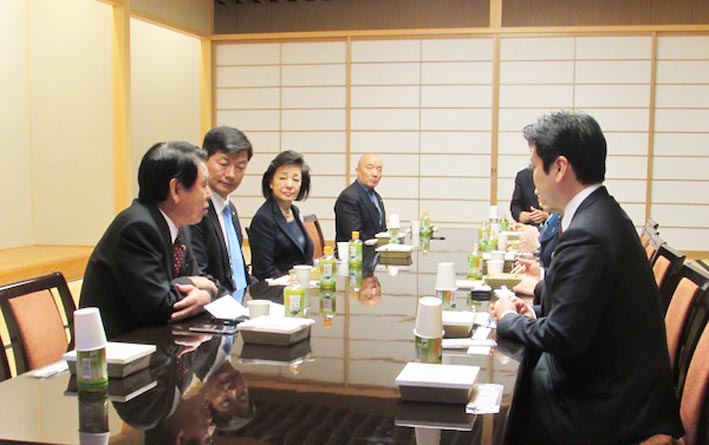
Feb
Independence Vs Interdependence
When seeking to explain the Japanese psyche and uncover reasons for particular behavior and social structures in Japan, many academics, researchers, and general inquisitors, turn to the concept of ‘amae’. The term ‘amae’ attempts to describe an indulgent dependency within relationships throughout the whole of Japanese society, including parent and child, husband and wife, boss and employee, even government and citizenry. This indulgent dependency refers to an unconscious desire to be loved, be taken care of, and be dependent on another person. Although the concept can also be found in Western cultures it is particularly strong in Japan, where historically within their rice-cultivating communities, people were forced to depend on each other as a matter of survival.
In contemporary Japan the remnants of this dependency still exist. In business, for example, relationships generally take much longer to establish because they are based on a deeper personal level of interdependency. Western business relationships, on the other hand, take far shorter periods to establish and are based more around facts and figures than any deep rooted connection. Another interesting example can be found when one considers the noticeable lack of entrepreneurs within Japan especially when compared to western economies. Why? Because while starting one’s own enterprise is actively encouraged and independence is applauded in the west, in Japan the concept of interdependence pervades deeper and the idea of ‘going it alone’ is discouraged.

The concept of ‘amae’ also manifests itself in relationships between men and women where both genders seek dependency, even to the point of being submissive to the other. ‘Amae’ helps explain Japanese females’ obsession with cuteness and their desire to appear almost child-like in an effort to fulfill their innate desire to be taken care of. Males, too, exhibit similar behavior and the custom of allowing wives to take control of household finances and dole out pocket money each week is a prime example.
In the West, dependency is often viewed as a weakness. In Japan, however, ‘amae’ or dependancy can be viewed as a way to strengthen the social fabric where people are dependent on each other and society is harmonious. Only then can stability be guaranteed within the family, the company, and within society as a whole.



Sorry, the comment form is closed at this time.